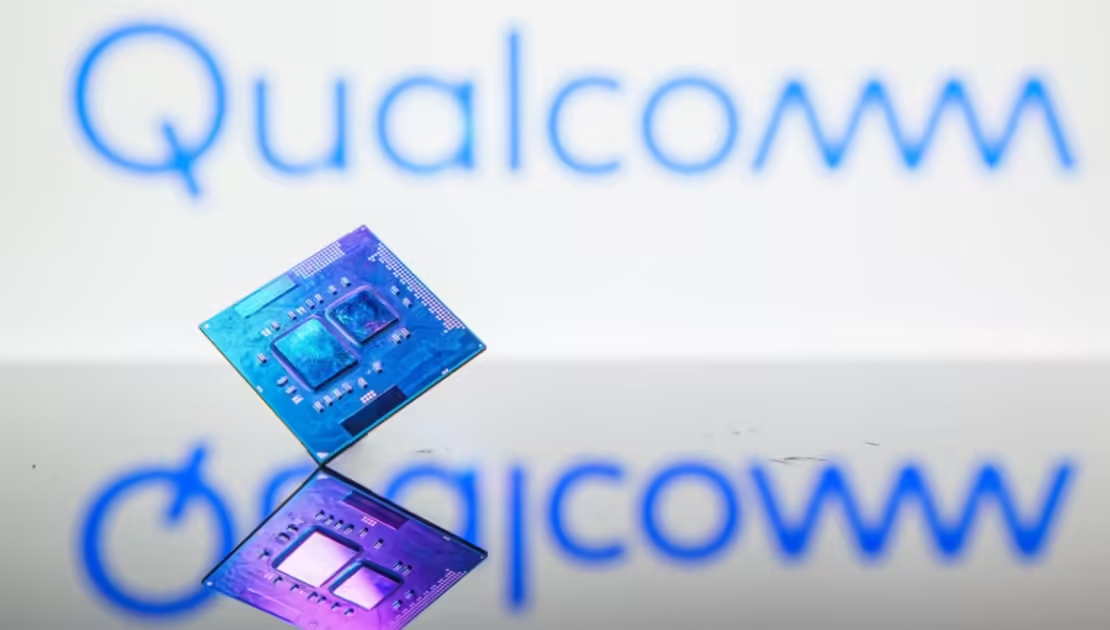[mc4wp_form id=”2320″]
Qualcomm Announces New Chip
-
April 26, 2024
- Posted by: Evans Asare

Qualcomm announces new chip in a bid to compete with Apple and Intel.
Qualcomm has announced its newest chip, called Snapdragon X Plus, which will power the next generation of Windows PCs. The first batch of PCs with the new X series chips is expected to be officially announced this May.
Qualcomm Introduces Snapdragon X Plus: A New CPU Platform
Qualcomm recently announced the Snapdragon X Elite platform, and on Wednesday, it introduced the Snapdragon X Plus, a new addition to the X Series family. This version offers a 10-core Qualcomm Oryon custom-integrated processor, boasting significant performance improvements while consuming less power. According to Qualcomm, the X Plus delivers up to 37% faster CPU performance compared to competitors, while consuming up to 54% less power. It also features a neural processing unit (NPU) capable of achieving 45 Trillion operations per second (TOPS), enhancing on-device AI tasks.
Technical Specifications of Snapdragon X Plus and X Elite
The Snapdragon X Plus supports LPDDR5x memory at a maximum transfer rate of 8448 MT/s, with 135GB/s bandwidth. It has a multithread frequency of 3.4 GHz and 42 MB of cache, featuring Qualcomm’s Adreno GPU with up to 3.8 TFLOPS. Meanwhile, the more powerful Snapdragon X Elite has 12 cores, three different versions, with a multithread frequency of up to 3.8 GHz, and an Adreno GPU that can reach up to 4.6 TFLOPS. These specifications highlight the significant power and efficiency improvements that the Snapdragon X Plus and X Elite platforms offer.
Market Release and Performance Claims
Qualcomm expects to release more Windows PCs with these processors by the middle of the year, with the first models possibly being Microsoft’s Surface Laptop 6 and Surface Pro 10 laptops. In benchmarks, Qualcomm’s newest processors have reportedly outperformed Apple’s M2 and the latest Intel Core Ultra 7. However, there have been claims that the company’s performance results might not be accurately disclose, suggesting a potential discrepancy between published benchmarks and real-world performance. This raises questions about the transparency and reliability of benchmark data, emphasizing the need for independent testing and verification.
